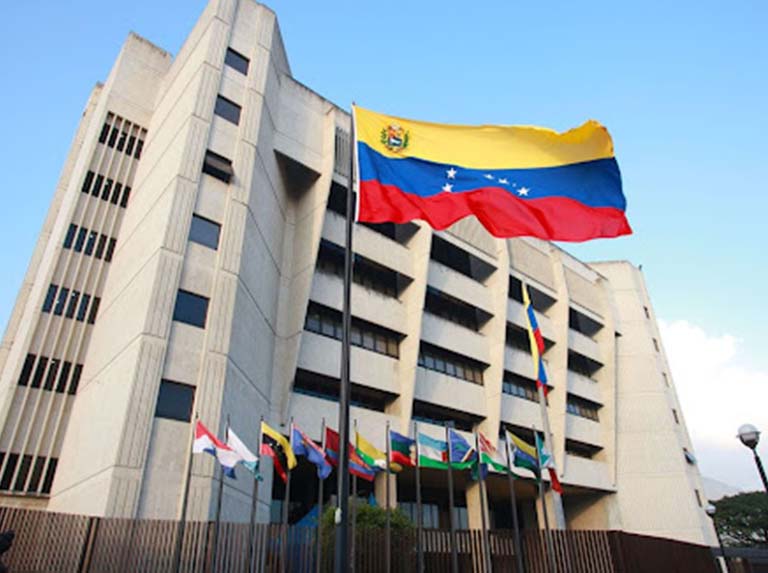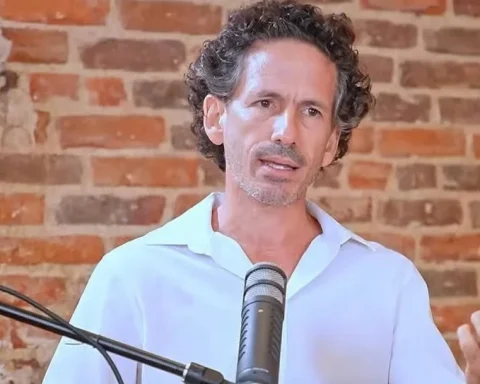The Criminal Chamber of the Supreme Court of Justice ratified the sentence of 28 years in prison imposed on Jerimar de los Ángeles Quintero Rivero (27), accused of murdering his newborn son by suffocation, according to sentence No. 118 drafted by Judge Yanina Beatríz Karabin de Díaz.
The events occurred on March 13, 2019, the day that Jerimar gave birth to a child inside her residence located in the Federation 1 sector, avenue 44, Cabimas (Zulia).
Minutes after the baby was born, Jerimar proceeded to suffocate him to death, the ruling says. He then dressed the corpse and put it in a bag.
Immediately afterwards, the woman left her residence carrying the bag in her hands and went to a hilly area located near the residence where she threw her son’s body in a garbage heap, covering it with waste.
The Cicpc investigations led to the arrest of Jerimar, who was charged with qualified homicide. After 45 days, the Public Ministry requested to open a trial for the woman, which began on December 7, 2019 and ended on May 14, 2021. On that date, the 2nd Trial Court of Zulia sentenced Jerimar. to serve 28 years in prison.
Defense attorneys appealed the conviction because they considered that the baby’s death was due to natural causes and not Jerimar’s action.
The Court of Appeals of Zulia rejected such an approach alleging that it was not their responsibility to “evaluate evidence or establish facts, since this attribution only corresponds to the trial court.”
Faced with this failure in the Court, the lawyers went to the Criminal Chamber through the figure of the appeal.
The magistrates detected that the woman’s defense had the intention of submitting to a new analysis and appreciation by the Criminal Chamber, the circumstances surrounding the death of the newborn, a situation that distorts the figure of the appeal.
The Criminal Chamber recalled that the higher courts, such as the Court of Appeal and the TSJ, should only verify “if the reasoning of the trial court was made in accordance with the rules of the assessment established in article 22 of the Organic Code of Criminal Procedure”.
















